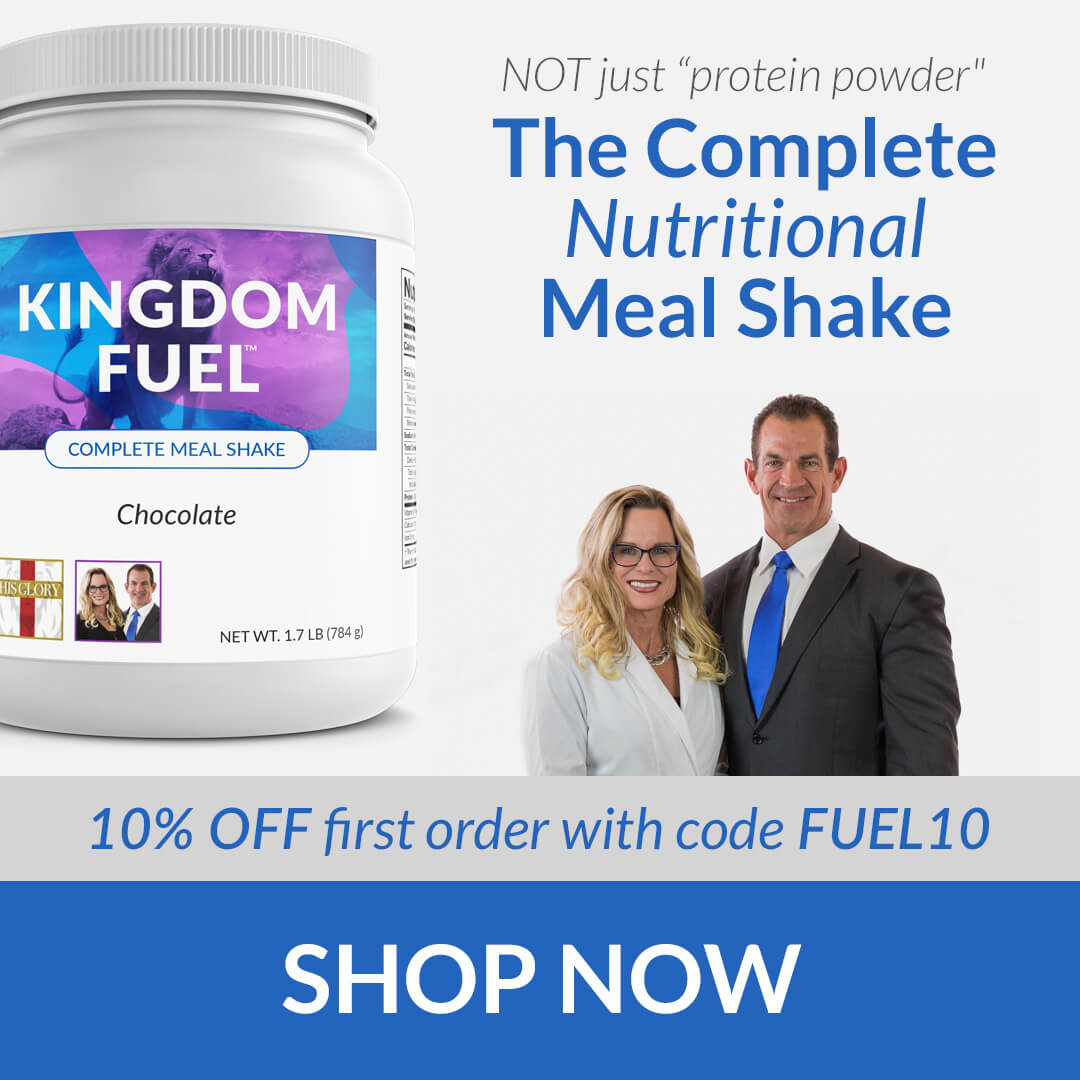There are three major types of food stuffs which must be broken down in the process of digestion. These are the macronutrients: proteins, carbohydrates and fats.
Each day, roughly two and a half gallons of digested food, liquids and digestive secretions flow through the digestive tract. The digestion of each macronutrient requires different enzymes to turn the food into ‘spark’ (nutrients) that can eventually be turned into energy.
Food enters the mouth.
Our teeth grind food and mix it with saliva. The enzyme amylase splits carbohydrates.
If we do not properly chew our food, our food is not properly digested. Each stage of digestion is important to yield the right end products. Once chewed well, food enters the esophagus as a bolus.
Food chewed well passes down the pipe in approximately 6 seconds.
If not chewed well, it may take minutes. At the base of the esophagus is a sphincter. The esophageal sphincter protects the esophagus from the stomach acids and prevents food from moving backwards up the esophagus.
If the stomach is overfilled it will weaken and damage the sphincter lending the common Gastro Esophageal Reflux Disease (GERD), also known as heartburn
[Related: Safe, Natural Remedies for Heartburn]
The stomach holds and mixes food.
Glands lining the upper two thirds of the stomach produce digestive juice. Proteins are broken down in the stomach into smaller fragments under the influence of hydrochloric acid (HCL) and pepsin.
Eventually proteins are broken down into free amino acids in the intestines by enzymes from the pancreas and small intestinal wall. HCL also kills microbes that can pass into the system.
When people eat too fast or eat too much, don’t chew their food properly, or are experiencing emotional stress, they are more likely to feel indigestion.
To some degree these factors can also affect the secretion of HCL and production of digestive enzymes. Age can also decrease the amount and ability of the digestive tract to produce enzymes and HCL.
Chronic stress lengthens time food stays in the stomach and may worsen the function of the digestive system.
B12 attaches to intrinsic factor in the stomach. IF (Intrinsic Factor) is made in the stomach parietal cells. As age increases, there is a decrease in the production of IF and HCL. This may lead to B12 deficiency.
Most nutrient absorption happens in the small intestine.
As the digestive process continues in the small intestine, fluid from the intestinal glands dilutes the food, food is absorbed into bloodstream.
The duodenum is the first part of the small intestine. Bile from liver is poured into the duodenum when food arrives and breaks up fat. Bile mixes with the juice from the pancreas and continued digestion occurs.
There are at least 15 feet of small intestine in the average adult. Finger like projections called microvilli (brush border) produce digestive enzymes and aid in the absorption of nutrients. Microvilli also block the absorption of non nutrients.
The liver manufactures bile to emulsify fat.
It metabolizes cholesterol, hormones and aids in the regulation of blood sugar by producing the hormone glucagon.
The various enzymatic systems in the liver process all food, nutrients, alcohol and drugs and readies them for use by the rest of the cells. The liver sends bile to the gallbladder for storage until it is needed.
The gall bladder, sheltered by the liver, stores bile.
Bile emulsifies fat, cholesterol and fat soluble vitamins. Bile can become thick and concentrated, forming stones.
When fat hits the digestive system, the body releases a hormone called cholecystokinin that causes contraction of the gallbladder and release of bile into the small intestinal tract. Along with other fat digesting enzymes, bile helps to break fat molecules into sizes ready for absorption.
Gallbladder disease is directly related to diet. Poor nutrition lends a fertile ground for gallstones.
The portal vein carries blood from entire digestive tract to the liver.
Veins in general drain the intestinal tract and carry digested food into the portal vein and to the liver. If the livers enzymatic pathways get bogged down, detoxification and proper metabolism cannot occur.
The liver is one of the master organs of metabolism. Once the liver is finished with its work, the rest of the system is delivered the nutrition through the circulatory system.
Proper digestion is directly related to your health.
The digestive process is even much more complex. I have done my best to simplify. The point of this article is to induce awareness of how our relationship to food can create a health crisis.
If we eat fast, don’t chew, eat junk and fill ourselves full of low quality nutrition, we will live in a low quality vehicle. If we take the time to learn, understand and follow a few good principles, we will have a quality vehicle to sport around in our journey through life.



